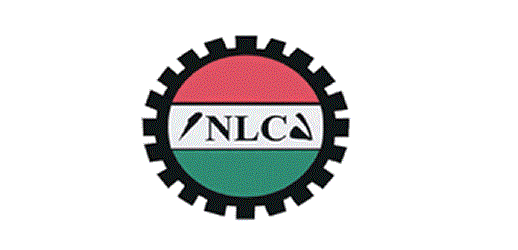The Nigerian Labour Congress has announced plans to mobilize its members for a complete shutdown of the Federal Capital Territory following President Bola Tinubu’s project inauguration ceremony scheduled for July 3. The decision comes after months of industrial action by area council workers who remain unpaid despite government promises.
Stephen Knabayi, the FCT Chairman of the NLC, revealed the union’s intention during a press briefing in Abuja on Thursday, emphasizing that the drastic measure became necessary due to the FCT Administration’s failure to address workers’ grievances. The labour leader described the situation as “very unfortunate” and noted that area council chairmen had left the union with no alternative but to paralyze the capital city.
The strike, which has already crippled essential services across the FCT, began over the non-payment of minimum wage and a 40 percent peculiar allowance owed to area council workers. Primary healthcare centers remain locked, primary school teachers have abandoned their posts, and all six area council secretariats have been deserted by workers for several months.
The industrial action involves multiple unions including the Nigeria Union of Teachers, the Nigeria Union of Local Government Employees, and the National Association of Health Workers Union, all operating under the umbrella of the NLC. These unions issued a seven-day ultimatum to the FCT Administration on June 13, demanding immediate payment of outstanding wages and allowances.
Despite the ultimatum expiring on June 20, the NLC chose to extend the deadline to allow President Tinubu to complete his project inauguration activities, which form part of celebrations marking his second year in office. Knabayi explained that the union demonstrated restraint out of respect for the presidential program but warned that patience was running thin.
The NLC chairman confirmed that security agencies and the FCT Administration have been formally notified of the planned protest action. He stressed that shutting down the territory would serve as a last resort to compel authorities to meet workers’ demands, adding that union members are prepared to take to the streets immediately after the presidential inauguration concludes.
The threatened shutdown could bring commercial and official activities in Nigeria’s seat of power to a standstill, potentially affecting government operations and daily life for millions of residents. The development highlights the growing tension between organized labour and government over workers’ welfare in the country’s administrative capital.









